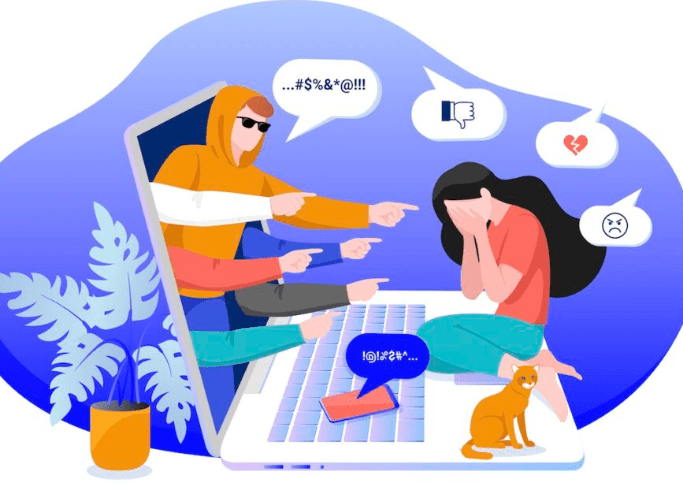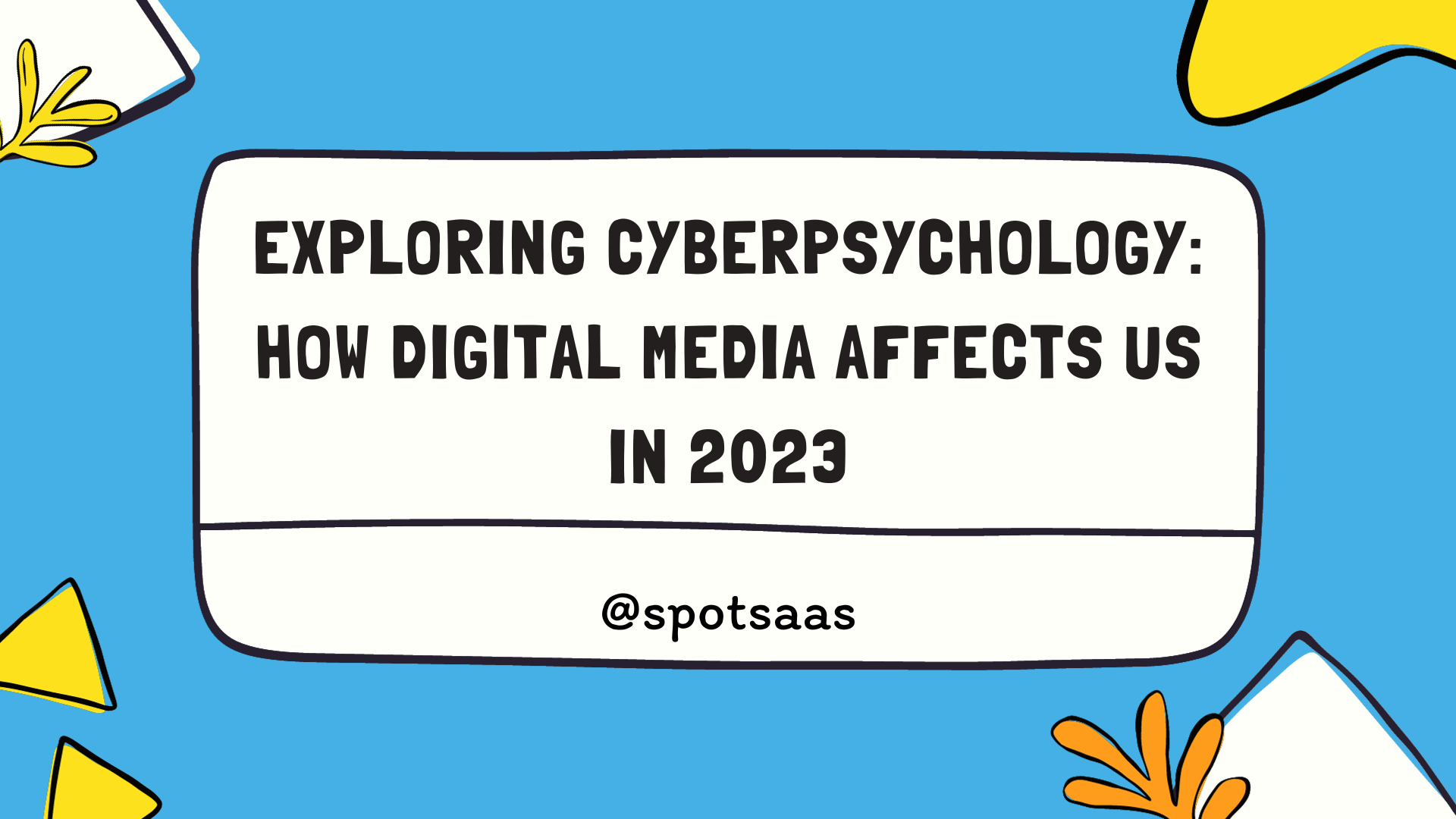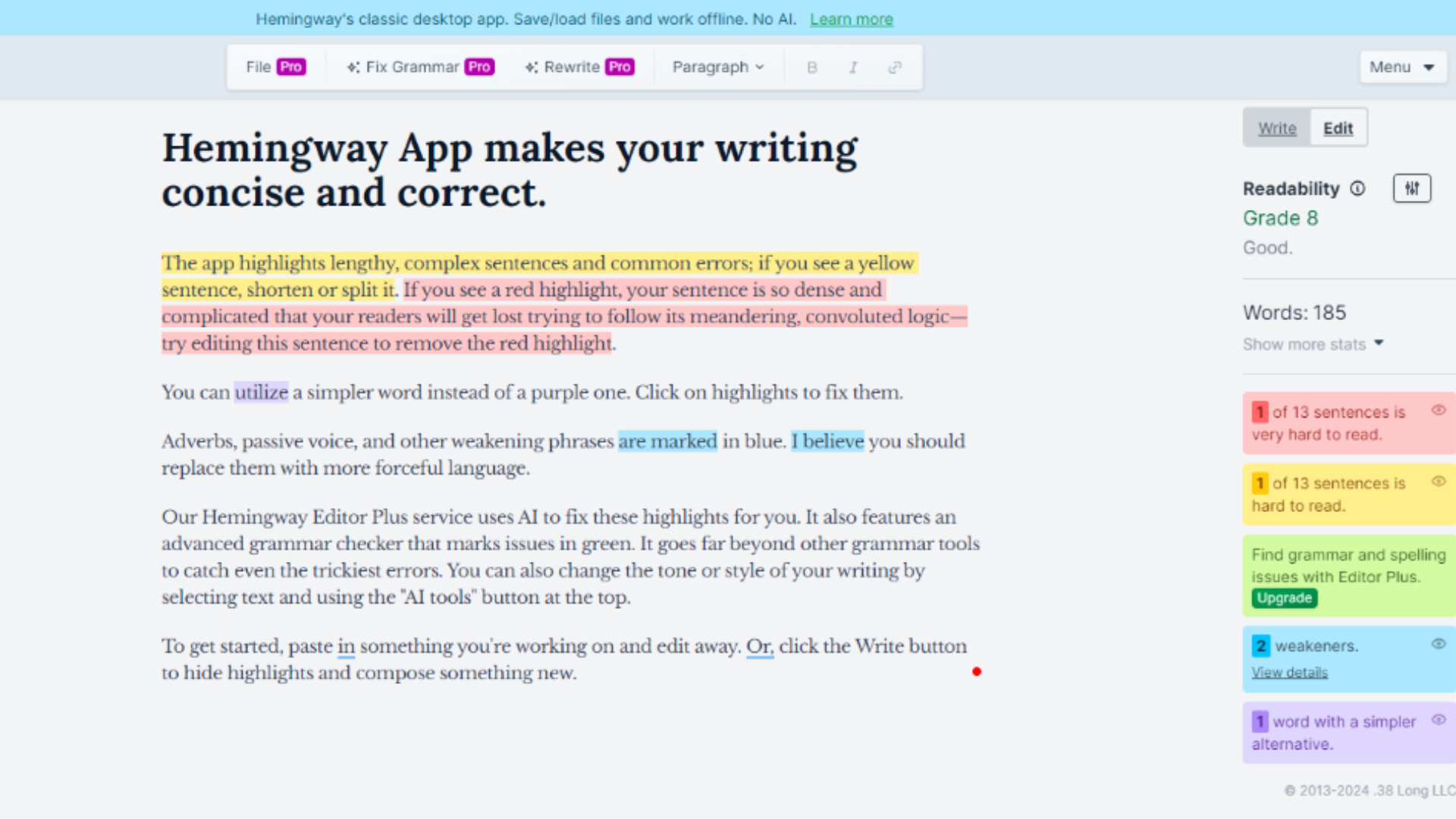Do you ever find yourself feeling a touch frazzled or tense due to the non-stop digital whirlwind whirling around you? It’s an experience many of us share.
It’s Cyberpsychology. Indeed, studies have highlighted that our increased engagement with social networking can lead down the path to mental health challenges like depression and anxiety.
Key Takeaways
- Social media usage can lead to mental health challenges such as anxiety and depression due to the need for validation and fear of judgment from peers.
- Digital media addictions extend beyond social networking, with gaming, pornography, and online shopping being common areas of concern.
- Cyberbullying and online aggression have detrimental effects on individuals’ mental well-being and require awareness campaigns, strict policies, and education programs to address effectively.
- Digital media leaves us vulnerable to social engineering and manipulation tactics used by cybercriminals who aim to exploit personal information for financial gain.
The Purpose of Cyberpsychology
The field of cyberpsychology provides crucial insights into the interactions between humans and technology. It dives deep into how different technologies, like online social networking, affect individual mental health.
A significant area of focus is on psychiatric disorders such as depression, anxiety, and low self-esteem linked to digital media usage.
Moreover, cyberpsychology paints a vivid picture of how our identities and communication patterns have been transformed by the internet. Exploring individuals’ perceptions, and behaviours towards digital media gives a comprehensive understanding of its psychological impact.
The study also highlights problematic social media behaviours driven by telepresence—the feeling of being present in a virtual environment.
How Digital Media Affects Us
Digital media has a profound impact on our lives, influencing areas such as mental health, addictive behaviours, cyberbullying, and social engineering.
Social media and its impact on mental health
Social media, a potent force in our digital age, takes a serious toll on mental health. Frequent use often leads to anxiety and depression, aggravated by the intense need for validation and the fear of judgment from peers.
Platforms like Instagram foster an environment where users compare their lives to others, leading to feelings of inadequacy and low self-esteem. On platforms such as TikTok, rapid information overload can cause burnout and stress.
The psychological impact is undeniable: social media has shifted not only our communication patterns but our identities too. With the rise in online networking comes an increase in psychiatric disorders among users – confirming that despite its name, social media can sometimes feel anything but sociable.
As we delve into cyberpsychology more deeply over time, we reveal alarming links between technology use and declining mental wellness – a clear sign that understanding this complex relationship is crucial for safeguarding our overall well-being.

Addictions: games, pornography, and online shopping
Digital media addictions aren’t just about social networking; they encompass areas like gaming, pornography, and online shopping. Gaming addiction, for instance, is now recognized by the World Health Organization as a mental health disorder. Its grip on individuals, as evidenced by cyberpsychology studies, can lead them to neglect other vital activities, causing negative repercussions in personal, family, and educational spheres.
Pornography, another area delved into by cyberpsychology, taps into our brain’s reward system, making it highly addictive and often exacerbating existing psychiatric disorders such as depression or anxiety.
On the other hand, online shopping, when viewed through the lens of cyberpsychology, reveals that our brains can be manipulated by clever marketing, convincing us that every purchase will bring joy. However, when this behaviour becomes compulsive, it can lead to financial strains and emotional turmoil.

Cyberbullying and online aggression
Cyberbullying and online aggression are grave concerns in the realm of cyberpsychology due to their profound impact on individuals’ mental well-being. The internet’s veil of anonymity often gives individuals the audacity to engage in damaging acts, like disseminating false information, posting derogatory remarks, or sharing hurtful content.
Victims of cyberbullying face a barrage of emotional challenges. Studies in cyberpsychology reveal that such individuals often grapple with heightened feelings of isolation, reduced self-worth, and even thoughts of self-harm or suicide.
To counteract these issues, there’s a pressing need for awareness campaigns that shed light on the psychological implications studied in cyberpsychology. Additionally, social media platforms must enact stringent policies against online bullying, and there should be an emphasis on educating netizens about ethically sound online behaviours.
Online aggression, a focus in cyberpsychology, extends to hostile actions in digital arenas like comment sections or online chat rooms. Acts such as trolling, spewing hate speech, or issuing threats typify this kind of aggression. Owing to the detached nature of virtual communication, many display a heightened level of aggression online compared to in-person interactions. Cyberpsychology suggests that such behaviour doesn’t just harm the direct recipients but also deteriorates the overall culture of digital platforms.

Social engineering and manipulation
Digital media not only affects our mental health but also leaves us vulnerable to social engineering and manipulation. Cybercriminals and scammers use sophisticated tactics to deceive and exploit individuals online.
They manipulate people’s trust, emotions, and personal information for their own gain. Through phishing emails, fake websites, or impersonating someone trustworthy, they trick unsuspecting individuals into revealing sensitive data or performing actions that can lead to financial loss or identity theft.
It is crucial to be vigilant and cautious while engaging with digital platforms to protect ourselves from falling victim to these manipulative practices.

Exploring Digital Well-being
Examining the effects of digital media on personal and societal well-being, including understanding people’s perceptions and behaviours towards digital media.
Effects of digital media on personal and societal well-being
Digital media has a significant impact on both personal and societal well-being. The use of social media, for example, can have detrimental effects on mental health. Studies have found that excessive time spent on platforms like Facebook and Instagram is associated with higher levels of depression, anxiety, and low self-esteem.
People often engage in validation-seeking practices online, constantly seeking approval through likes, comments, and followers. This fear of judgment can lead to feelings of inadequacy and negatively affect mental well-being.
Not only does digital media affect individuals personally but it also has broader implications for society as a whole. Cyberbullying and online aggression are prevalent issues that can cause serious harm to victims.
Understanding people’s perceptions and behaviours towards digital media
People’s perceptions and behaviours towards digital media play a significant role in cyberpsychology. It is essential to understand how individuals perceive and engage with various forms of technology.
People’s attitudes, beliefs, and values towards digital media can impact their mental well-being and overall psychological state. By exploring these perceptions and behaviours, we gain insight into the complex relationship between humans and technology.
Research has shown that people have varying motivations for using social media platforms such as Instagram or TikTok. Some may use it for self-expression, while others seek validation or connection with others.
Understanding these motives helps us comprehend the potential positive and negative impacts of digital media on individuals’ mental health.
Moreover, people’s behaviours towards digital media also influence their well-being. Excessive screen time, online communication patterns, privacy concerns, or even addiction to certain online activities like gaming or shopping can all have ramifications on one’s psychological state.

Conclusion
In conclusion, cyberpsychology is a vital field of study that delves into the impact of digital media on individuals. Through exploring topics such as social media’s influence on mental health, addictions to online activities, cyberbullying, and social engineering, we can gain a better understanding of how technology affects our lives.
By examining these psychological implications, we can work towards fostering healthier relationships with digital media and promoting overall well-being in the digital age.
(Image Credit: Collection)
Frequently Asked Questions
How does digital media affect our mental health?
Digital media can impact our mental health by contributing to feelings of anxiety, depression, and loneliness. It can also affect sleep patterns and decrease attention span.
Does excessive screen time have any negative effects on children?
Yes, excessive screen time in children has been associated with issues like poor academic performance, limited social skills development, and increased risk of obesity.
Can digital media addiction be a real problem?
Yes, digital media addiction is a real problem that can result in neglecting responsibilities or relationships, experiencing withdrawal symptoms when not using devices, and difficulty controlling usage despite negative consequences.
What are some strategies for maintaining a healthy relationship with digital media?
Strategies for maintaining a healthy relationship with digital media include setting limits on usage time, taking regular breaks from screens, engaging in offline activities such as exercise or hobbies, and practising mindful use of technology.
Is it possible for social media to negatively impact self-esteem?
Yes, social media can negatively impact self-esteem by fostering comparison to others’ curated lives or bodies and generating feelings of inadequacy or low self-worth.
Author
-
Anisha Jain, a dynamic professional in the sports SaaS industry, transitioned from economics to digital marketing, driven by her passion for content writing. Her tenure at TBC Consulting culminated in her role as CEO, where she honed her skills in digital strategy, branding, copywriting, and team management. Anisha's expertise encompasses various aspects of digital marketing, including 360-degree marketing, digital growth consulting, client communication, and business development, making her a versatile asset in the SaaS domain.
View all posts




